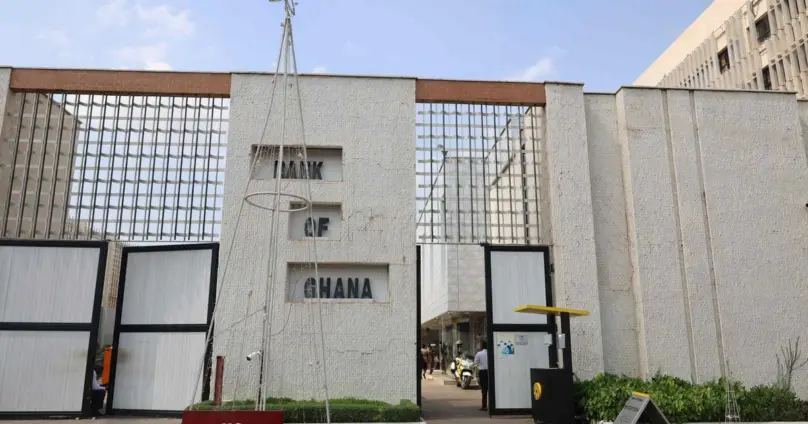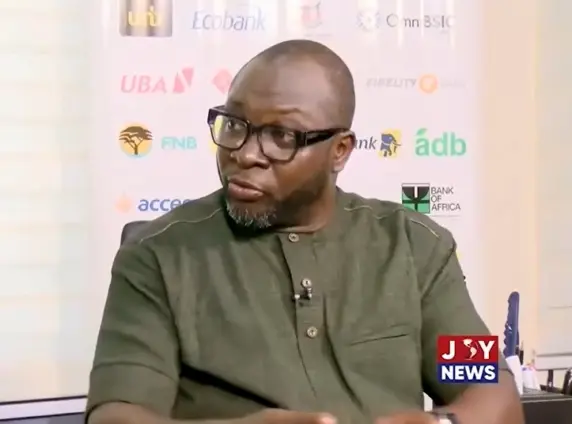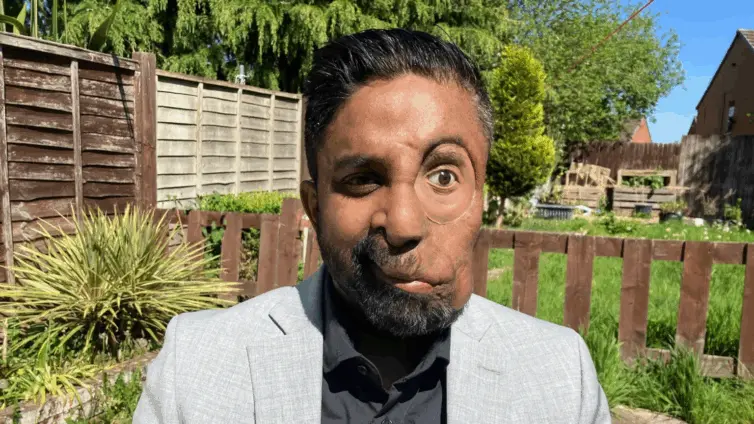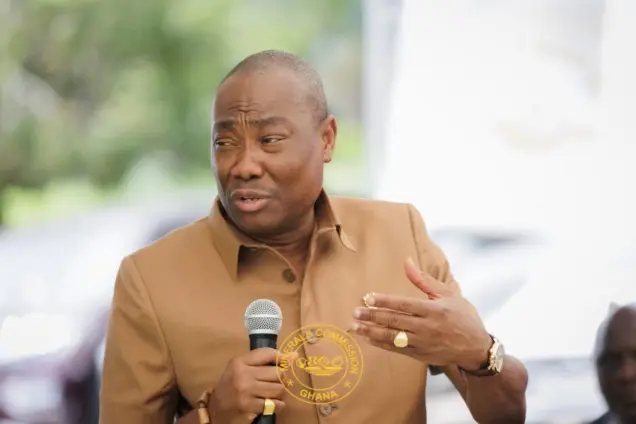In the bustling heart of Ghana, where tradition and progress intertwine, the Asantehene, Otumfuo Osei Tutu II, stands as a beacon of influence and a visionary for the nation’s economic future. As Ghana embarks on an ambitious journey to establish a 24-hour economy, the critical role of a stable and reliable power supply has come into sharp focus. The government’s initiative hinges on the promise of round-the-clock productivity, but its success depends heavily on a robust energy sector. Recognizing this pivotal link, the Asantehene has issued a compelling call for strategic energy investment, particularly in renewable sources, to fuel Ghana’s 24-hour economy and ensure inclusive national growth. Only with a reliable power supply can the country hope to realize its full potential.
Otumfuo Osei Tutu II’s advocacy underscores a fundamental truth: sustainable economic development is inextricably linked to a dependable energy infrastructure. His insights offer a pathway toward a brighter, more prosperous future for all Ghanaians.
The Asantehene’s Vision for Ghana’s Energy Sector
The Asantehene’s vision for Ghana’s energy sector is predicated on the understanding that a reliable power supply is not merely a convenience, but a critical necessity for sustaining round-the-clock productivity. “Without a reliable power supply, the ambition of sustaining round-the-clock productivity would face significant hurdles,” he stated, highlighting the essential role energy plays in the success of the Ghana’s 24-hour economy. Consistent energy availability directly impacts industries ranging from manufacturing to services. Factories require uninterrupted power to maintain production lines, while businesses rely on electricity to serve customers and operate efficiently throughout the day and night. The 24-hour economy simply cannot function without a constant flow of electricity.
Beyond the immediate needs of businesses, the Asantehene champions energy investment in renewable sources as a strategic imperative for Ghana. He commended Dream Power Africa’s interest in investing in the country’s electricity sector, particularly the development of renewable energy sources. His support for strategic investment extends to ensuring electricity reaches underserved areas, recognizing that equitable access to power is fundamental for inclusive national growth. Renewable energy sources, such as solar and wind power, offer a viable path towards diversifying Ghana’s energy mix, reducing its reliance on fossil fuels, and promoting environmental sustainability.
Inclusive Energy Distribution for National Growth
The Asantehene’s emphasis on inclusive energy distribution reflects a deep understanding of the socio-economic impact of electricity access, particularly in rural communities. “Energy must also be available in rural areas, and industries will need it to function efficiently,” he asserted. Bringing electricity to rural areas has a transformative effect, enabling access to education, healthcare, and economic opportunities. Rural electrification empowers communities, stimulates local businesses, and helps to bridge the development gap between urban and rural areas, allowing more people to participate in Ghana’s 24-hour economy.
Realizing this vision requires sustained collaboration between the private sector and the government. The Asantehene has consistently called for such partnerships to improve Ghana’s energy infrastructure and drive sustainable progress. “So, from a wider perspective, it will all help in the development of this country,” he noted, underscoring the collective responsibility in building a brighter future. Public-private partnerships can leverage the expertise and resources of both sectors to develop innovative solutions, attract investment, and accelerate the expansion of energy access across the country. By working together, Ghana can unlock its full potential and create a thriving 24-hour economy that benefits all its citizens.
In conclusion, the Asantehene’s message is clear: a robust and equitable energy sector is the bedrock of Ghana’s economic development. He highlights the necessity of reliable power supply, the importance of renewable energy investment, and the critical need for inclusive distribution. As Ghana strives to build a thriving 24-hour economy, strategic investments in energy, particularly in renewable sources and equitable distribution, will pave the way for a more prosperous and inclusive future for all.
Image Source: MYJOYONLINE





















